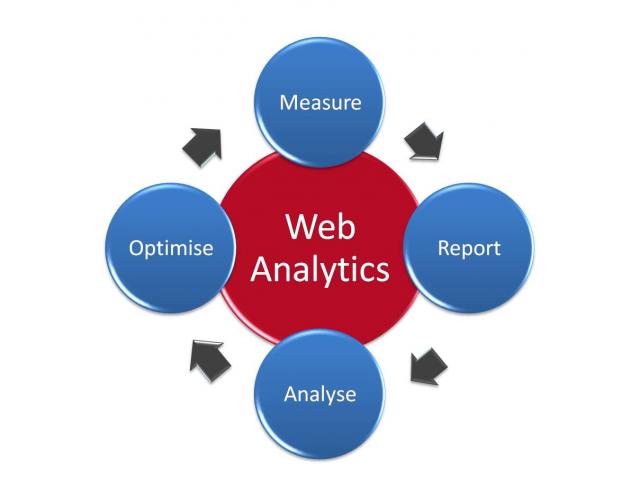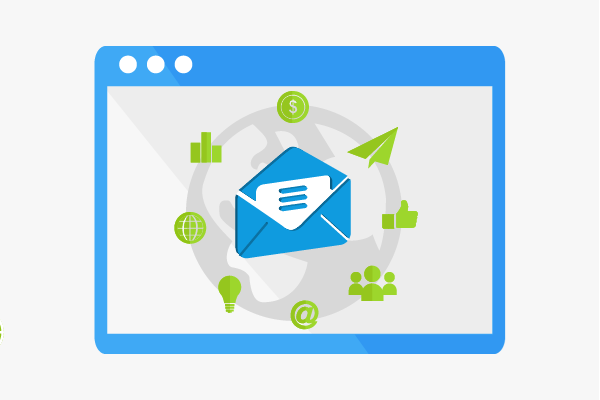5 Software Tools You Need In Your Marketing Tech Stack
Marketing tech stack is a set of software tools used by teams to support and streamline their marketing operations. It typically includes a range of products to handle the various aspects of digital marketing, from content ideation and production to search engine optimization and social media management.
Marketing tech stack
Customer relationship management software
Data is at the heart of every interaction with customers, prospects, partners, and influencers. And not just any data—it must be relevant, accurate, accessible, and actionable. Every customer interaction provides an opportunity to learn more about that person’s wants, needs, and preferences. It also helps us get an idea of their budget constraints, capacity for making a purchase, or influencing others.
Marketing automation software
Marketing automation software lets marketing teams execute simple marketing tasks automatically so they can focus their attention on the larger budget items—like content creation, PR efforts, events, etc. It can automatically send blog subscribers a free copy of an eBook, re-send abandoned cart emails to customers who didn’t complete purchases on e-commerce sites. It can even post social media messages that were written by marketers during off-hours without having to stay up late.
Web analytics software
You’ll need web analytics tools to measure all aspects of website performance so you can identify problems and improve the user experience over time. You can use Google Analytics, the most advanced free analytics tool on the market. It can measure all the key areas of a website, including user behavior, traffic sources, campaign performance, and e-commerce metrics. Setting up Google Analytics is very easy, and it can be implemented on any website with simple code. Once installed, you can do advanced tracking, including custom variables to track specific events on your website.
- Real-time reports and dashboards.
- Automatic tagging of data.
- Advanced segmentation and filters to view specific customer groups.
- A/B testing features that let you test changes on your website quickly and easily such as a button color or different text and see which one is working best to achieve business goals i.e., increasing conversion rates.

Social media analytics software
More people are turning to social media sources like Twitter, Facebook, LinkedIn, YouTube, Instagram, Snapchat, etc., every day. And business professionals who spent a lot of time on these platforms a few years ago have already graduated to newer services that have emerged since then—meaning you need to be there too. Social media analytics tools show you how many people are engaging with your social content and which channels are most popular for each type of messaging, so you can allocate your resources more efficiently.
Email marketing software
Some advisors rely on email marketing exclusively since it lets them build relationships over time without having to invest in extensive conferences or travel around the world. And because email marketing still strikes fear into some marketers’ hearts, they may be neglecting this powerful tool. Email marketing software can help raise your ROI by optimizing email campaigns for clicks and conversions, proving the effectiveness of your cross-channel campaigns. And boosting targeted revenue opportunities through segmentation and personalization features.

Conclusion
Marketing technology has evolved exponentially in the last few years and we’re living more and more in a “post-software” era. Startups that try to compete by “doing things manually” will fail since they will be outgunned on every front. It is important to keep track of the latest marketing technologies, so you can always stay ahead of your competitors.









